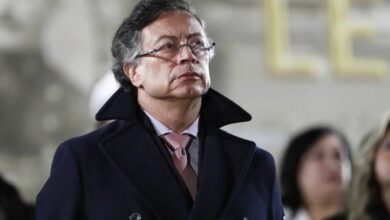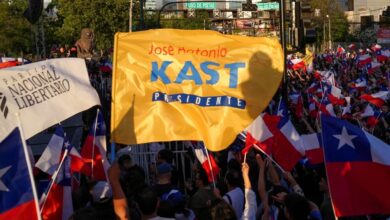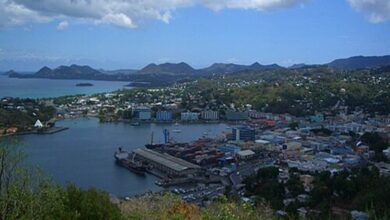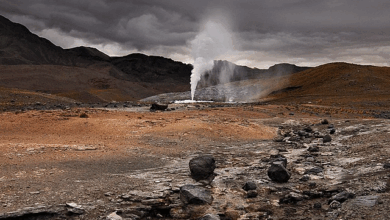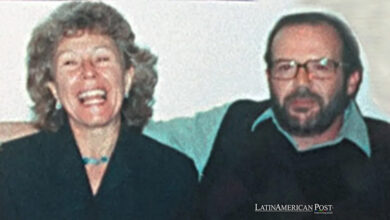Nicaragua’s Church Under Siege With The Detention of Defiant Clergy
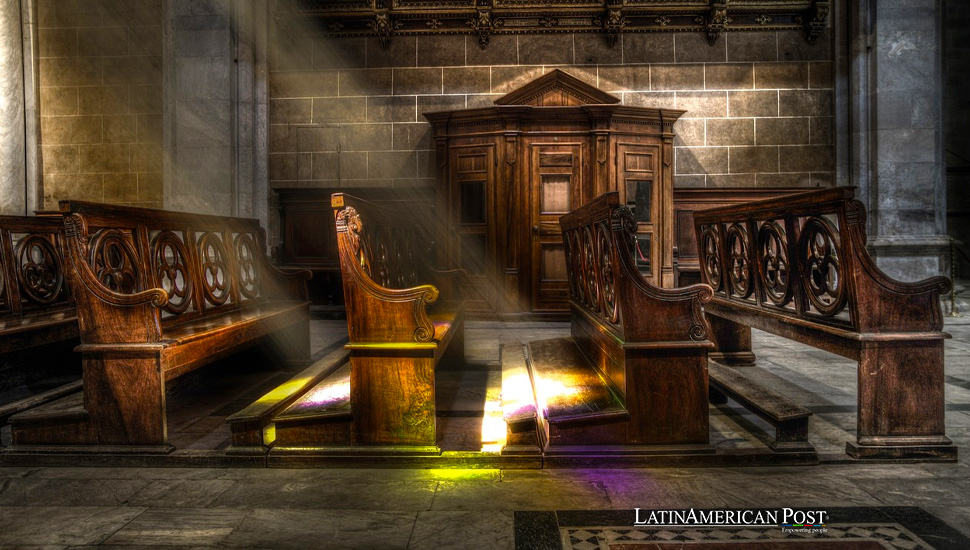
In the heart of Nicaragua, a nation steeped in history and faith, recent events have cast a shadow over the hallowed halls of the Catholic Church. The detention of two senior Catholic priests, Carlos Aviles and Hector Treminio, has sent shockwaves through the religious community and amplified concerns about religious freedom and human rights in the country.
Crisis Unfolding: Detention of Prominent Clergymen Raises Concerns
These two prominent clergymen, who share a deep connection with Nicaragua’s top church leader, find themselves entangled in a growing crisis that has seen at least six priests detained in a single week. As news of their apprehension spreads, questions loom significant about the state of religious liberties and the ever-tightening grip of the government on the church.
The ordeal began when Nicaraguan police detained these two priests for an act of faith that should be sacrosanct—publicly praying for the imprisoned Bishop Rolando Alvarez. Bishop Alvarez, a prominent critic of President Daniel Ortega, has been an outspoken advocate for justice and reform. His imprisonment sent shockwaves through the nation, and the faith community rallied around him.
Swift Repression: Government’s Reaction to Public Prayer
The government’s reaction to the public prayer was swift and unyielding, with Aviles and Treminio finding themselves in the custody of the authorities. The incident underscores a deeply troubling pattern of religious repression in Nicaragua, where members of the Catholic clergy have increasingly become targets of state intervention.
While the government’s press office remained conspicuously silent in response to the detentions, local media outlet Confidencial reported that this disturbing incident marks the sixth time in a week that priests have been detained. Two of the clergy members were reportedly released, but the relentless crackdown continues to send shockwaves through the religious community.
Broader Crackdown: Government Targets Catholic Church
This alarming escalation comes on the heels of a broader crackdown by President Daniel Ortega’s government on members of the Catholic Church. Nicaraguan officials have previously justified these actions as responses to allegations of treasonous behavior or other supposed crimes. However, the international community has expressed growing concern about the erosion of religious freedoms and human rights in the nation.
Carlos Aviles, one of the detained priests, is the second-highest-ranking cleric in the Archdiocese of Managua, led by Cardinal Leopoldo Brenes. His arrest sends a chilling message about the vulnerability of even the highest echelons of the clergy in Nicaragua. Hector Treminio, the treasurer of the Archdiocese, joins Aviles in facing a harrowing ordeal that has sent shockwaves through the faith community.
At the center of this troubling saga is Bishop Rolando Alvarez, the spiritual leader of the Matagalpa diocese. Bishop Alvarez’s vocal criticism of the government’s heavy-handed response to mass protests in 2018 led to his conviction on charges of treason. He was subsequently sentenced to a staggering 26-year prison term earlier this year, a move that sent shockwaves through the church and prompted widespread condemnation.
Distressing Chapter: Arrest of Bishop Isidro Mora Adds to Growing Concerns
The arrest of Bishop Isidro Mora of the Siuna diocese last week marked another distressing chapter in this saga. Mora’s detention came on the heels of Bishop Alvarez’s arrest in 2022, making him the second bishop to be detained by authorities. These developments indicate a broader trend that has seen the church increasingly marginalized and its leaders silenced.
Also read: El Salvador Presidential Elections 2024: How Possible Is Bukele’s Re-election?
As Nicaragua grapples with these disquieting events, the international community has a moral imperative to stand in solidarity with the faithful and advocate for protecting religious freedoms and human rights. The fate of Aviles, Treminio, and their fellow clergy members underscores the urgent need for continued scrutiny and advocacy as the world watches and hopes for a brighter future for Nicaragua’s religious community.

